
Duran Duran rejected Christmas song because it's 'too cheesy'
Duran Duran are unlikely to ever release a Christmas record.
2023-10-21 15:29

'The way people appeared on set - that was extraordinary': Robert Carlyle reveals what it's like on a Bond film set
Robert Carlyle couldn't believe the people who turned up on set whilst he was filming 'The World Is Not Enough'.
2023-10-21 15:18
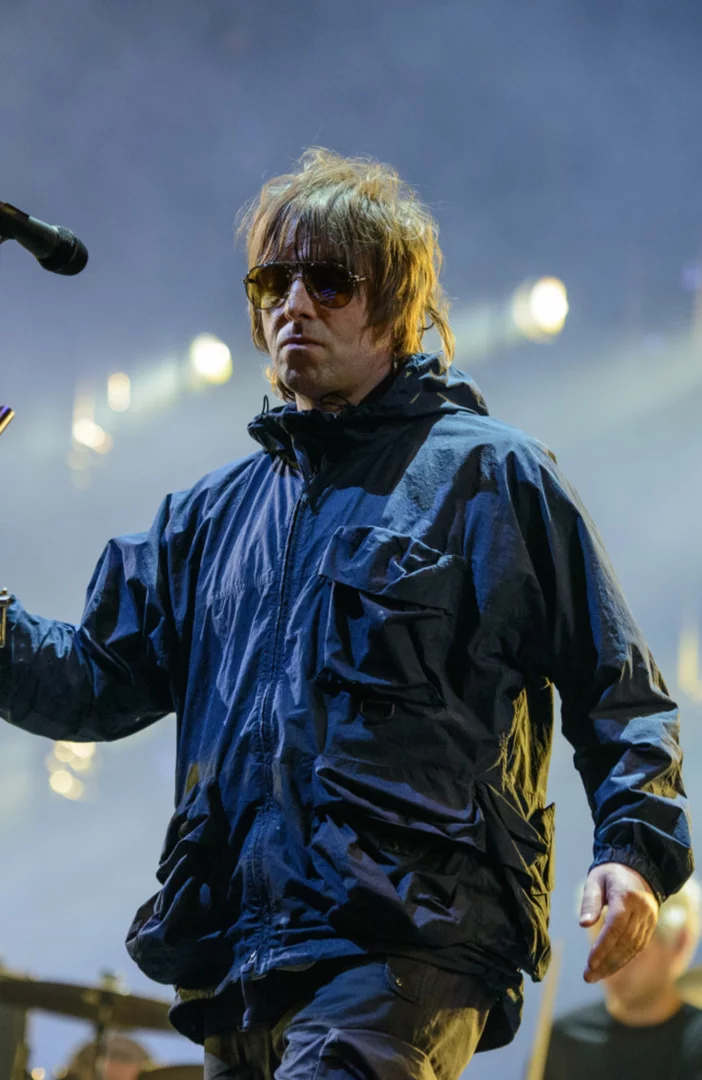
Liam Gallagher adds two more dates to Definitely Maybe 30th anniversary tour due to extreme demand
Liam Gallagher will now play four nights in London and Manchester.
2023-10-20 19:26

Fatboy Slim performs on world's biggest holographic stage
Fatboy Slim had a "wild ride" as he performed on the world's biggest holographic stage outside London's Alexandra Palace on Thursday (19.10.23).
2023-10-20 19:22

The Libertines don't care if they are 'fat' and 'not cool'
The Libertines don't want to be cool and relevant and just hope their songs are "decent".
2023-10-20 19:21
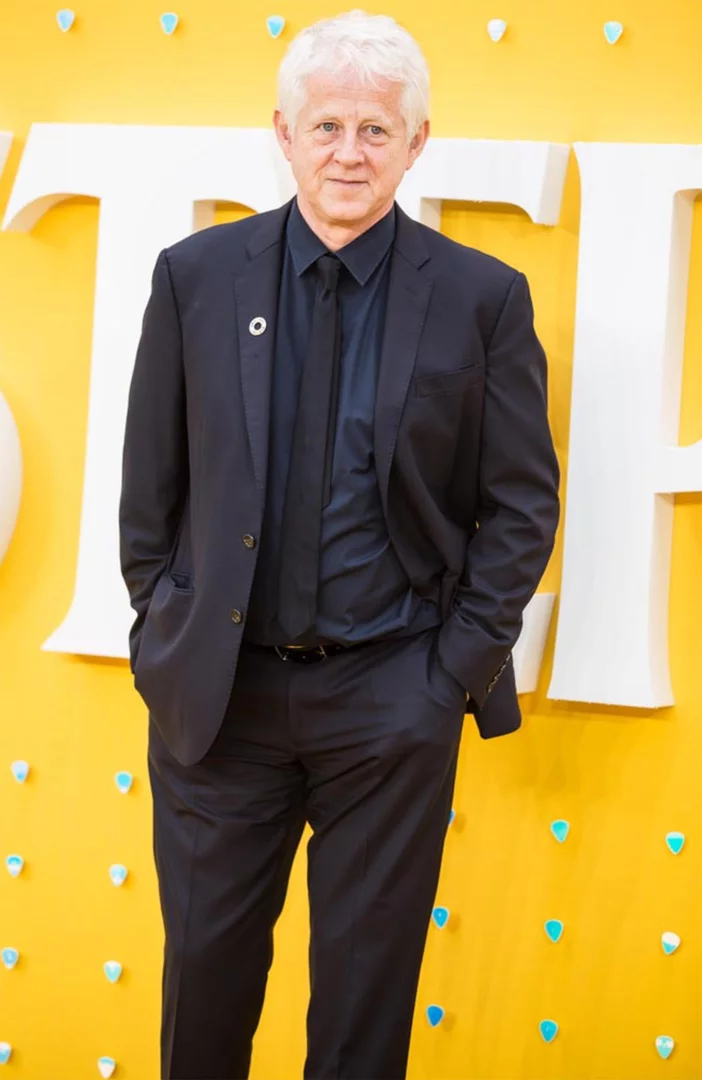
Richard Curtis has written a short sequel to Notting Hill
Richard Curtis has revealed that he wrote a 10-minute sequel to 'Notting Hill' that featured Julia Roberts and Hugh Grant's characters splitting up.
2023-10-20 17:26

U2 extend Las Vegas Sphere residency
U2 will continue their Las Vegas residency until February 2024.
2023-10-20 17:22
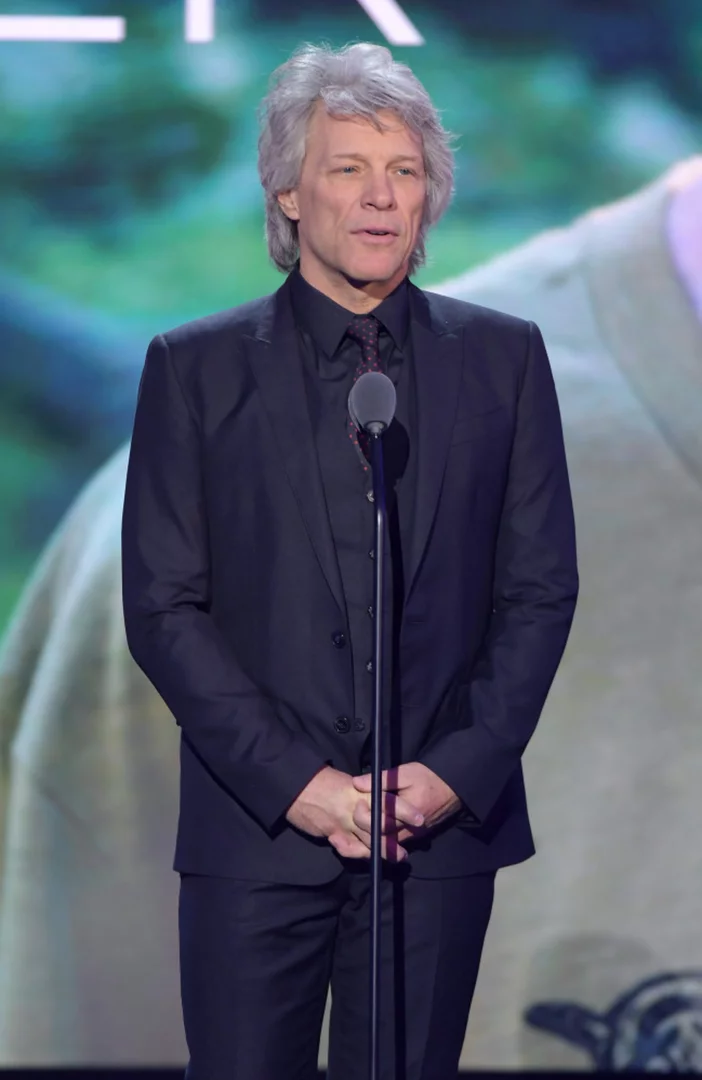
Jon Bon Jovi named MusiCares Person of the Year
Jon Bon Jovi has been named the 2024 MusiCares Person of the Year and will be honoured at a special gala in February.
2023-10-20 15:15
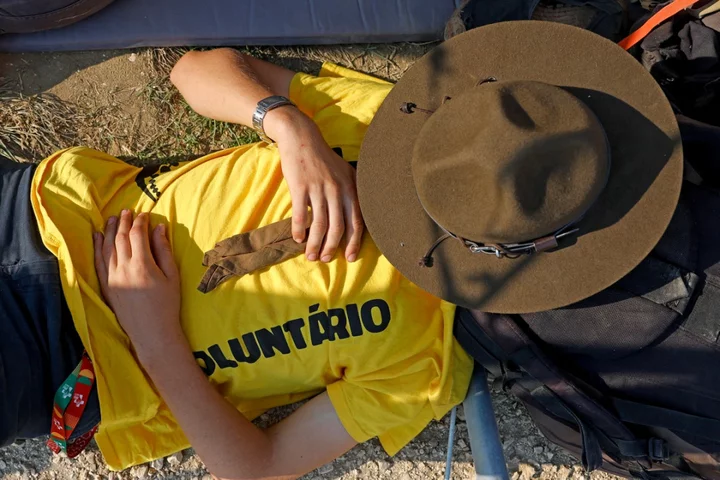
Hitting snooze button can actually benefit brain sometimes, study suggests
Hitting the snooze button on the alarm clock once in a while might actually support the brain’s process of waking from deep sleep, according to a new study. People sometimes want to go right back to sleep even after the alarm goes off in the morning, using the snooze button in clocks and cell phones. Decades of previous research suggested that hitting snooze can have negative effects, both on sleep and the brain’s ability to wake up, but until now there hasn’t been any direct evidence of this, say scientists. The new study, published in the Journal of Sleep Research, assessed how common snoozing is and what effects this behaviour has on sleep, sleepiness, mood, and the brain’s cognitive abilities. Researchers found that those who snooze on an average sleep slightly shorter and feel more drowsy in the morning compared to those who never snooze. But they also saw that there were no negative effects of snoozing on the release of the stress hormone cortisol, mood, or sleep quality throughout the night. In the study, 1732 individuals answered questions about their morning habits, including how often they hit the snooze button with many – especially young adults – reporting that they use the alarm feature regularly. The most common reason for snoozing, according to participants, is feeling too tired to get out of bed when the alarm goes off. In another small follow-up experiment, 31 regular snoozers spent two nights in a sleep lab in order to measure their sleep in more detail. On one of the mornings, they were allowed to snooze for 30 minutes, and on the other, they had to get up right when the alarm went off. While in the first case, participants’ sleep was disturbed during the half hour of snoozing, most of them still got more than 20 minutes of sleep – meaning that their total night’s sleep was not affected much. In the snooze condition, no one had to wake up suddenly from deep sleep, and the snoozers performed a bit better on cognitive tests right upon waking. There were also no clear effects of snoozing on mood, sleepiness, or the amount of cortisol in the saliva. The results hint that half an hour of snoozing may not have negative effects on night sleep and could have some positive effects like a decreased likelihood of waking from deep sleep. However, researchers caution that the second experiment was small and only included people who are regular snoozers who find it easy to go back to sleep after each alarm. They say snoozing is most likely not for everyone. Jennifer Kanaan from the University of Connecticut in the US, who is another sleep scientist unrelated to the study, said the latest findings should be interpreted with caution as it could send the wrong message to people. “If you’re coming in and out of sleep for 30 minutes, after the alarm goes off the first time, you’re costing yourself 30 minutes of uninterrupted, quality, restorative sleep,” Dr Kanaan said in a statement. Instead of trying to figure out how to manipulate our alarm clocks, she says people should make a consistent good night’s sleep a greater priority and be less reliant on snooze buttons. “Simply put, instead of hitting the snooze button they should get more sleep,” Dr Kanaan said. Read More Study reveals why millions of women wake up at 3.29am Consistent lack of sleep may increase risk of future depressive symptoms – study Breakthrough study allows scientists to communicate with people as they sleep How to support a child with a stammer ‘I lost nearly a stone on Ozempic, but now it’s run out what am I to do?’ Miriam Margolyes now has part of a cow’s heart as she opens up about health
2023-10-20 14:20

Factbox-Corporate America weighs risks of the Ozempic effect
U.S. companies across sectors such as food and beverage makers and manufacturers of glucose monitors have faced investor
2023-10-20 10:58

Japan gives $80 million subsidy to moon exploration startup ispace
TOKYO Japan will provide a 12 billion yen ($80 million) subsidy for moon exploration startup ispace, industry minister
2023-10-20 10:47
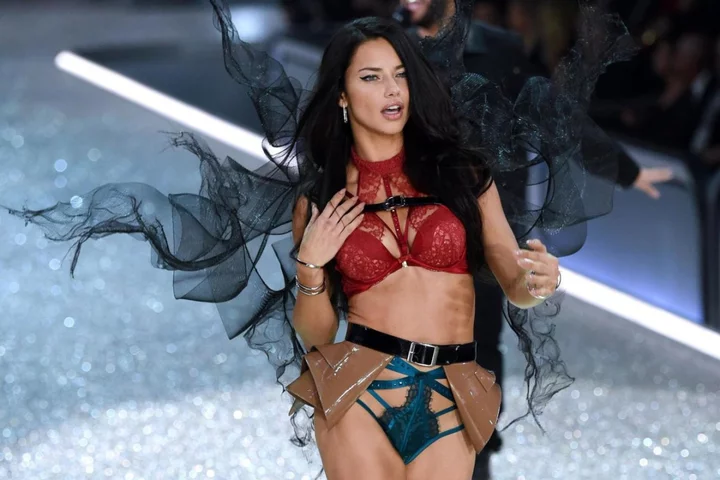
Victoria’s Secret returns to ‘sex sells’ ethos after ‘feminist’ rebrand fails to boost sales
Just weeks after pledging to deliver a new feminist approach to its brand, Victoria’s Secret appears to have reverted to its tried and tested “sex sells” strategy following a slump in sales. The US lingerie chain had attempted to rehabiliate public perception following criticism that it promoted typically thin, white models as the preferred beauty standard. Relaunching its once blockbuster fashion show in September, Victoria’s Secret replaced its “Angels” with the VS Collective – a group of diverse, successful women including Megan Rapinoe and Priyanka Chopra. But executives are now reportedly re-embracing “sex appeal” after the short-lived makeover failed to boost sales. During a presentation last week, a top executive said Victoria’s Secret would be the subject of an image overhaul, adding “sexiness can be inclusive”. “Sexiness can celebrate the diverse experiences of our customers and that’s what we’re focused on,” Greg Unis, brand president of the company’s youth-focused venture Victoria’s Secret & Pink, told investors on Thursday (13 October). The reboot is part of a larger strategy to revive its sales after a five-year marketing overhaul fell short of expectations. According to the Business of Fashion, Victoria’s Secret is projecting $6.2bn in earnings this fiscal year – a five per cent drop on sales in 2022, and well below the $7.4bn sales reported in 2018. Now, Victoria’s Secret has laid out a roadmap to bolstering its revenue, including cost-cutting, reviving its swimwear and activewear ranges, and further expanding its offerings to include products such as sweaters, slip dresses, and corsets. Giving its stores a more “welcoming” facelift is also part of the plan. Chief executive Martin Waters added that the retailer’s inclusivity initiatives and campaigns had “not been enough to carry the day”, referring to the company’s performance in recent years. Once the purveyors of Swarovski-studded undergarments and unrealistic body standards, Victoria’s Secret has, in recent years, embarked on a journey to shed its hyper-sexualised image and pay attention to changing social norms. Its initial attempt to adjust its image came hot on the heels of declining sales due to the emergence of inclusive and diversity-friendly brands such as Rihanna’s Savage X Fenty and Third Love, as well as several controversies including top management at L Brands – the former parent company of Victoria’s Secret. In 2018, L Brands’ then-marketing boss Ed Razek sparked a backlash when he declared that Victoria’s Secret would never cast transgender and plus-size models in its annual Fashion show because it’s a “fantasy”. Razek resigned the following year after he was accused of inappropriate behaviour with models – allegations he called “categorically untrue, misconstrued or taken out of context”. Around the same time, an investigation by The New York Times uncovered ties between L Brands’ former chief executive Lex Werne and convicted paedophile Jeffrey Epstein, which further sullied the reputation of Victoria’s Secret. In an effort to rehabilitate its image, the brand’s recent campaigns have featuring stars such as former US women’s football captain Megan Rapinoe, plus-size models Paloma Elsesser and Ali Tate-Cutler, and Brazillian transgender model Valentina Sampaio. Last month, Victoria’s Secret: The Tour ‘23 was released on Amazon Prime, with the company declaring the televised catwalk event was the “ultimate expression” of its commitment to a new Victoria’s Secret that’s more in step with the times. Despite its struggles, Victoria’s Secret still owns a lion’s share of the north American market today. “We’ve been insufficiently differentiated in this difficult market,” Waters said, during the meeting last Thursday. “[But] our ambition of being the world’s leading fashion retailer of intimates apparel is unchanged.” Read More Victoria’s Secret was never feminist – why are they bothering to try now? Victoria's Secret overhauls its racy fashion catwalk in its latest moves to be more inclusive From Naomi Campbell to Hailey Bieber: All the top models and celebs in Victoria Secret’s new Icons campaign
2023-10-19 20:49
